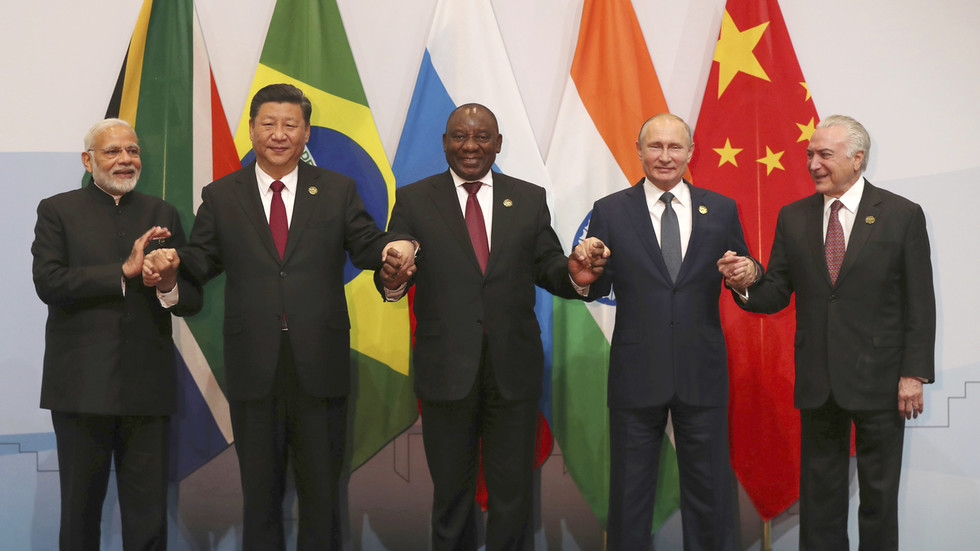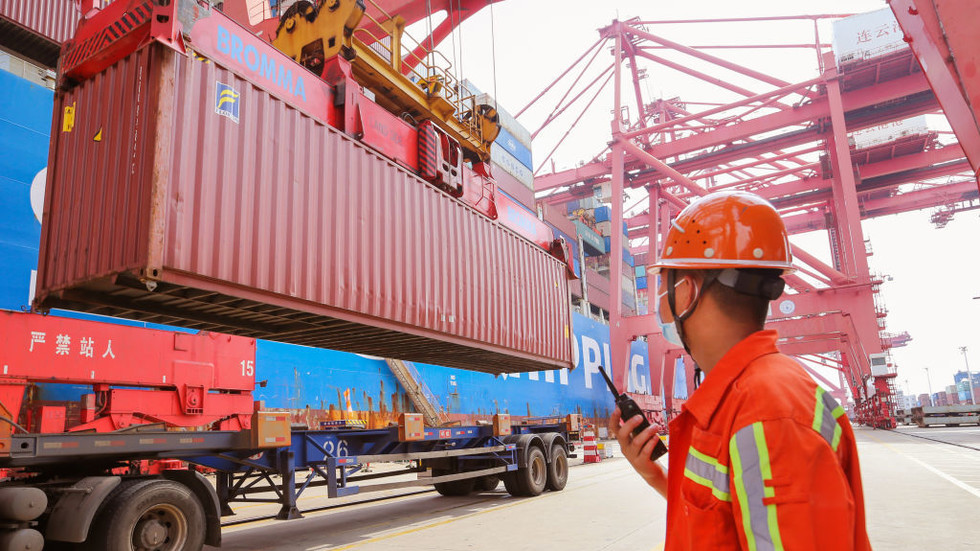The Facts
Algeria on Monday submitted a formal bid to join the "BRICS" bloc of emerging economies comprising Brazil, Russia, India, China, and South Africa — a move aimed at diversifying the country's trade relations. The application was praised by Beijing and Moscow.
The request was reportedly confirmed by the Algerian Foreign Ministry official Leyla Zarruki, who argued that the North African country has completed all required measures to join the economic alliance.
The Spin
Establishment-critical narrative
The fact that Algeria — Africa's largest gas exporter — now also wants to join BRICS underscores the alliance's increasing economic significance and the Algerian government's foresight. In times of increasing economic uncertainty, and a "rules-based world order" serving Western interests alone, BRICS catalyzes a multipolar order through increasing economic integration among the countries of the global South.
Pro-establishment narrative
BRICS has so far failed to live up to the high expectations of emancipation from the Western-dominated world order. It's unlikely that Algeria or Saudi Arabia joining the bloc will change the marginal role BRICS has so far played in world politics for now. Too diverse are the political and economic systems, and too small is the intersection of common values. The Ukraine war and China's dominance are also causing friction — but the West still must keep an eye on this group.


